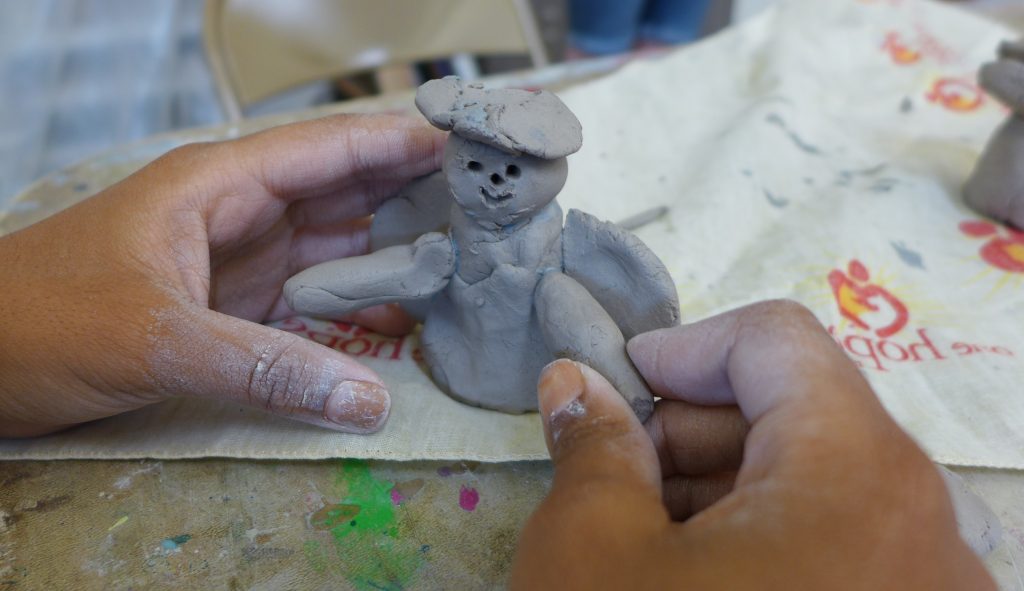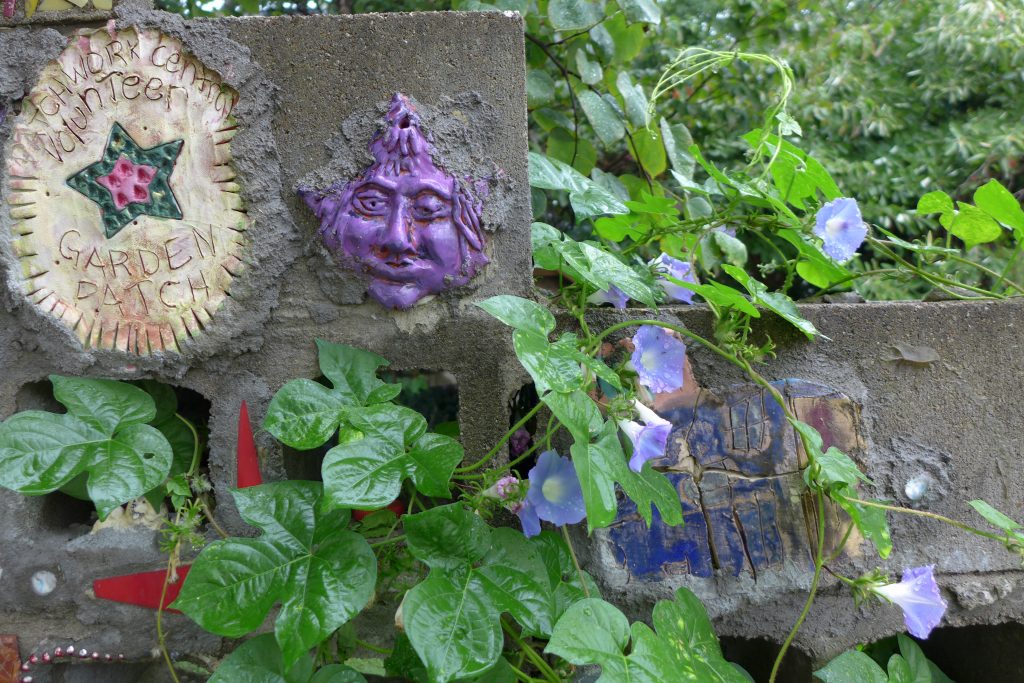From Scott Adams, Patchwork Central Board President:
One thing I know for sure is everyone is wired a little differently. Some like sports, some like the arts. Some like to think and some would rather just get to work. Some have expansive dreams to change the world, and some just want to clean-up their block in the neighborhood.  Neither is right or wrong, it’s just the way God wires people. I for one am very grateful for those differences. I am wired to find beauty in the great diversity around me, and I feel compelled to add to that beauty.
Neither is right or wrong, it’s just the way God wires people. I for one am very grateful for those differences. I am wired to find beauty in the great diversity around me, and I feel compelled to add to that beauty.
For many years now, I have been involved with various organizations working to make a difference in the lives of our friends and neighbors. Some are big, some are small, but I’ve only found one Patchwork Central.
While some organizations are very focused on ending hunger, others might care for the homeless, or tutor children, while others teach positive self-expression through the arts. I can get fully behind all of these efforts, and I do so as part of my service here at Patchwork Central. You see, the thing that really makes Patchwork special is the over-arching vision of creating and modeling what it means to live in a healthy community.
In a healthy community, neighbors…
- Care for the physical needs of one another
- Care for the emotional and spiritual need of one another
- Guide children to a productive and stable adulthood
- Reconciling differences in a compassionate, caring, and respectful manner
- Understand the planet we steward is a gift to our children
- Feel empowered to be the best version of themselves

Patchwork Central is unique in the way it expresses healthy community. It is a one-on-one, day-by-day, face-to-face commitment to add to the whole. Taking out any individual element of our service would leave a gap. We need complete, healthy communities.
Can You Add to the Beauty?
If you are looking for a way to express healthy community, you can volunteer at Patchwork a few hours a month, support the efforts by funding the work, or advocate our approach with friends in your own unique community. We also have a few spots on our “board of visionaries” for those who have a deep passion for seeing a better future in our hometown. Our perfect fit would be a combination of big thinker and big doer who is an advocate for positive change and also cares deeply for individuals. If you are interested in making a difference in any way, please contact John or Amy Rich ((812)-424-2735 or pwcentral@patchwork.org) and they will forward your information to the Patchwork Board’s Governance Committee.
Notes from 40 Years at Patchwork:

In 1988, Patchwork organized a Mennonite Voluntary Service Unit here. The Mennonite workers were part of a national program and lived in a communal household in exchange for their full time work at Patchwork and other nonprofits in the community. The first Mennonites to live in the unit were Jay and Sheri Hartzler and their two sons. Jay worked for Evansville Habitat for Humanity and Sheri worked at Patchwork. Patchwork’s MVS unit continued until its decommissioning in 2015.
Biff Weidman, the primary person responsible for founding the Evansville MVS unit, offered this reflection in the September 1989 Patchwork newsletter as the Hartzlers were leaving after their year in Evansville:
Before the Hartzlers left, they shared a note they’d received from Sylvia, a neighbor.
“When I first heard the word ‘Mennonite,'” Sylvia wrote, “I thought ‘What in God’s green earth is that?!'” She continued, “The Lord has people to come in and out of your life for a reason. A lesson I have understood from you is that our neighborhood can be something to be proud of…and that we all can help each other.”
Though she claimed to know nothing of Mennonites, Sylvia had grasped something that is central to Mennonite tradition and that shapes the work of the Mennonite Service Unit here: We are created for community.
Our culture prizes individual autonomy and competition. And in the church we speak of “personal” salvation as a private commodity, as if we had no need for the community of believers. But Mennonite tradition has always made a different claim: We are dependent on one another. We are made for each other. We are meant for community.

